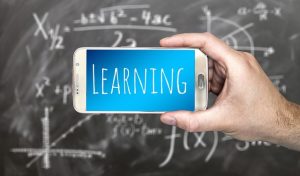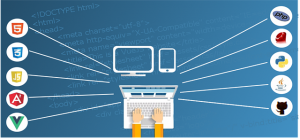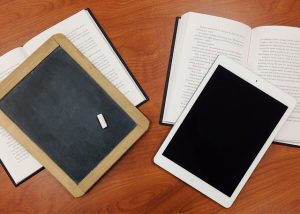B.C. curriculum highlights 3 core competencies: COMMUNICATION, THINKING, and PERSONAL & SOCIAL.

These areas are believed to give students all skills needed to be successful humans. These competencies can be seen in every sub-discipline in education and are easy to recognize in any given lesson plan.
However, there are some discussion on which of the 3 are most valuable. I would argue that critical thinking is an integral skill that students need to function in a highly digitized society. Let me explain. Students are constantly bombarded with information, through internet searches, social media and the remarkable invention we call the ‘smart phone’. With all these resources just a swipe or click away, students are at a point where they need to be critical thinkers. Especially when it comes to evaluating sources of information.

Critical Thinking enables students to evaluate, analyze, question and implement ideas into their own understanding. Yes, each of the core competencies are important to having a well-rounded, life-long learner, but critical thinking allows students to develop as individuals.

Now how do we do this? As educators we have the unique opportunity to teach important 21st century skills like critical thinking. So here are a few digital tools and resources that may just help integrate critical thinking into your classroom.
WEBSITES:
- 13 Tech Tools that Spark Critical Thinking
https://www.commonsense.org/education/articles/13-tech-tools-that-spark-critical-thinking - The Best Critical Thinking Tools Aligned with Bloom’s Taxonomy
https://wabisabilearning.com/blogs/critical-thinking/26-critical-thinking-tools-blooms-taxonomy - 5 Tech Tools to Encourage Critical Thinking
https://www.mindmeister.com/blog/5-tech-tools-to-encourage-critical-thinking/
VIDEOS:
Critical thinking skills influence students’ perspectives and enables them to develop deeper, meaningful understanding. When students are critical of the information they receive, they are better able to form educated thoughts and ideas. Students then become active participants in their learning and can take ownership of their education. Rather than imposing ideas onto students, educators need to teach students the skills for them to create understanding and perspective.
References:
BC’s New Curriculum. (n.d.). Retrieved from https://curriculum.gov.bc.ca/competencies
Learning Resources. (n.d.). Retrieved from https://studentvote.ca/canada/classroom-resources/














Recent Comments